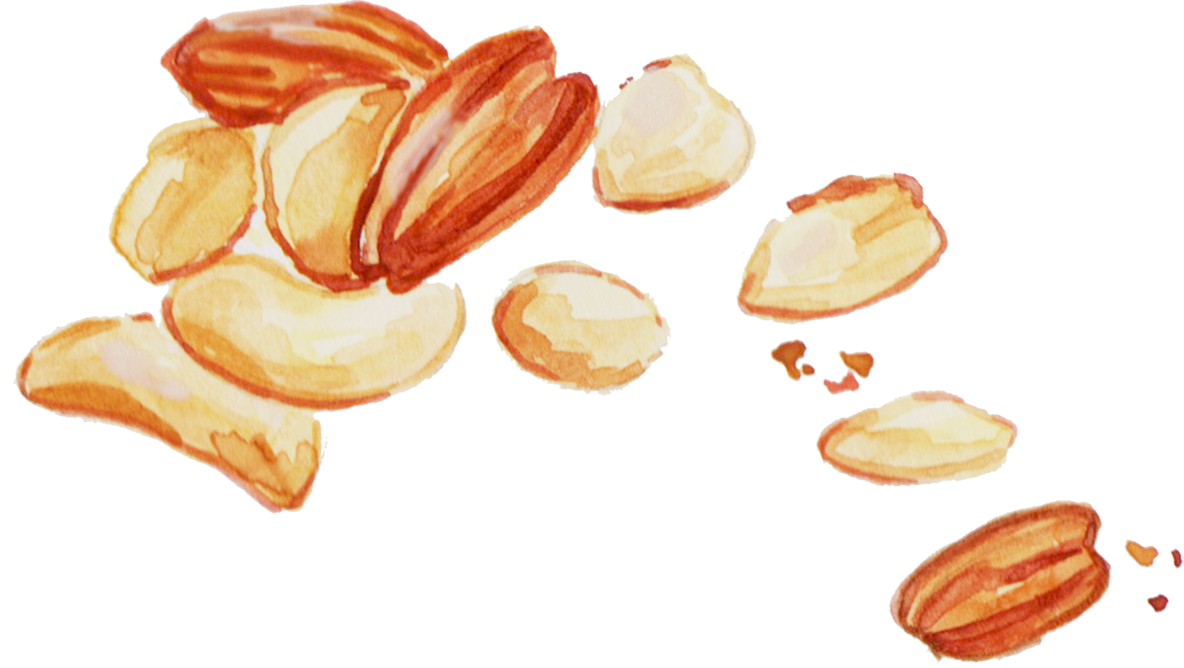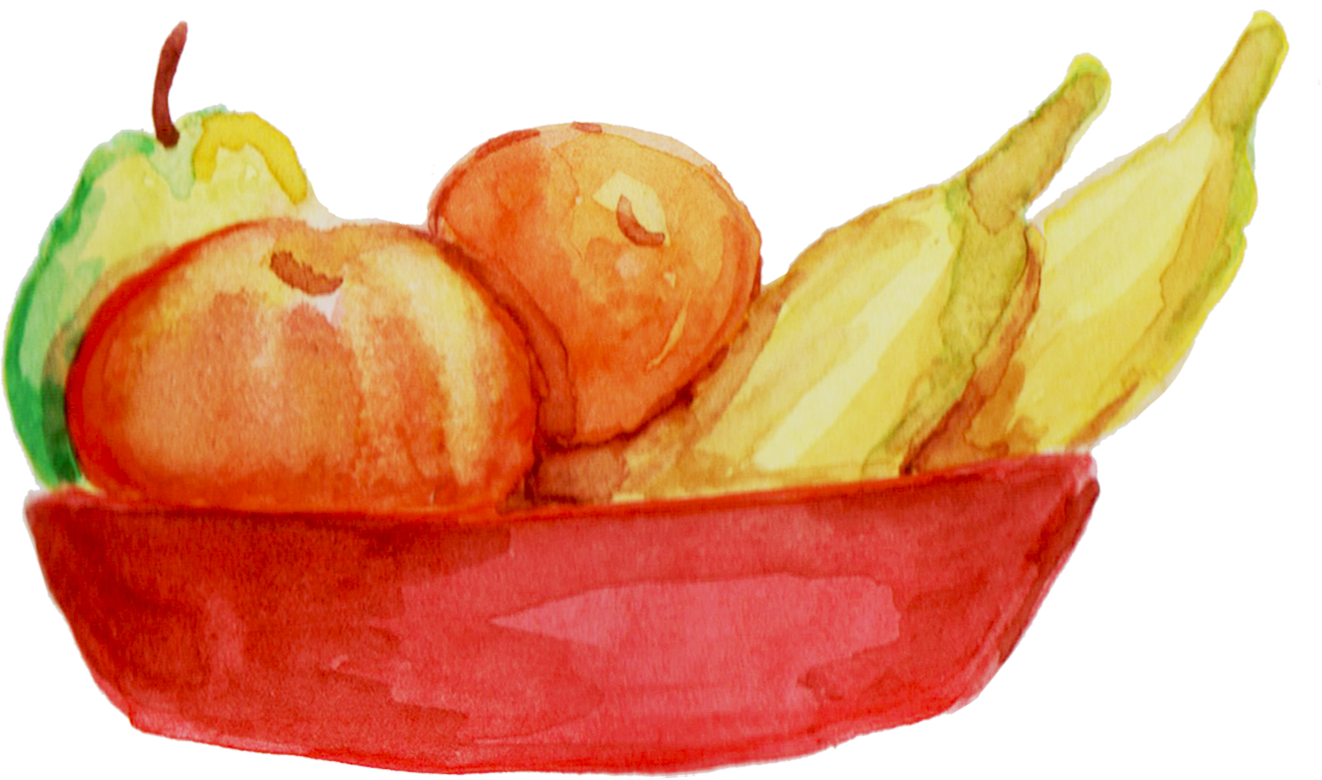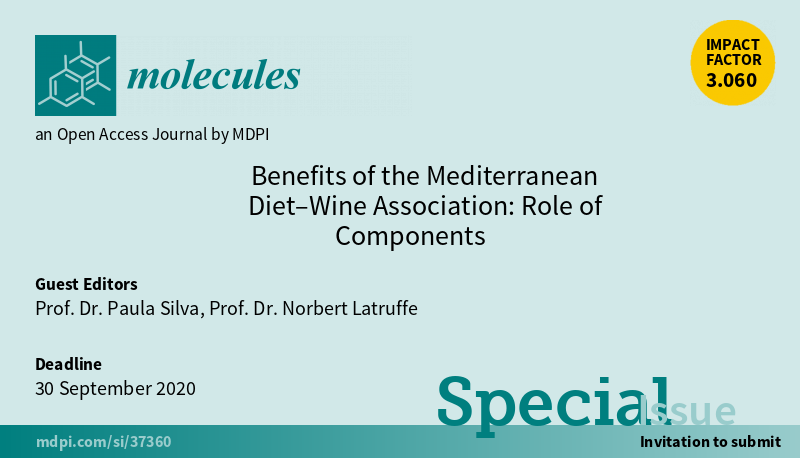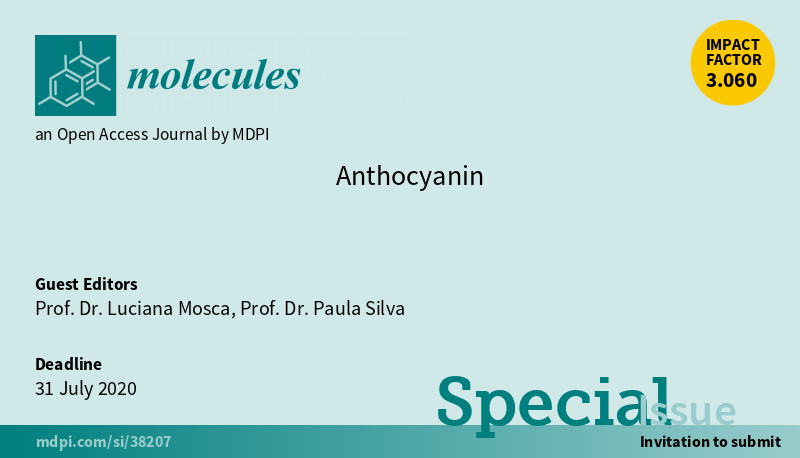By Paula Silva
Christmas. A time for joining the family to celebrate life. Usually these family meetings are around a table this is also a time known for an overeating behaviour. The rule should be “Moderation”. Our health depends on what we eat and if we wish celebrate Christmas for many years and in good health, one of our resolutions for 2020 must be eat healthy. I recommend the Mediterranean Diet (MD) and this suggestion is based in strong scientific evidence, which shows that MD has been associated with several benefits such as reduced total mortality and reduced risk of several diseases, including selected cancers, cognitive impairment, and the metabolic syndrome and its components, such as obesity, hypertension, hyperglycaemia and hyperlipidaemia. But we should be aware that as important as the food we eat is how we eat. We must choose healthy food but also the right dietary pattern and eating behaviour, the best cooking techniques and a healthy lifestyle behaviour.
In many cities of Portugal in Christmas night people usually eat boiled or grilled cod and Portuguese cabbage, both dressed with extra virgin olive oil. Along the year extra virgin olive oil should be the essential dietary fat, with the consequent high monounsaturated/saturated fat ratio. Typical of this holyday season are also the nuts as tree nuts, almonds, hazelnuts, pistachios among others. Dry fruits have been consumed for thousands of years and small portions along the day are recommended. MD also recommends high consumption of legumes, fruits, vegetables, and fish, moderate consumption of milk and dairy products and low consumption of meat and meat products.



Fruits and vegetables nutritive value is high. Besides the macronutrients found in these plants, including carbohydrate, protein, and fat they also contain micronutrients, bioactive ingredients, and dietary fibre that can prevent the chronic diseases like non-communicable diseases. Anthocyanins are water-soluble phytochemicals, and they are categorised under the group of flavonoids, which is a class of phenolic compounds. Anthocyanins provide colouration as well as nutritional and health benefits. Scientific evidence show that anthocyanins have protective roles against degenerative diseases, such as cancer and cardiovascular disease. They also possess antioxidant capability and therefore protect the human body against oxidative stress, by scavenging the free radicals which might cause oxidative damage and chronic diseases.
And what about wine? Wine should be consumed with meals, and in moderate amounts (15 g alcohol/day). Such tolerance refers exclusively to adults with a consumption limited to no more than 2 glasses of wine or equivalent (200 mL; <40 g alcohol/day) for men and no more than 1 glass for women (100 mL; <20 g alcohol/day). Wine contains polyphenols, which contribute to the characteristic colours and flavours of wine and act as natural wine preservatives that allows a long aging process. Polyphenols are the principal compounds related to the wine consumption benefits due to their antioxidant and free radical scavenging properties. This class of compounds has been proven to exert important health effects, acting as reactive oxygen species which are considered the main cause of different cardiovascular and neurodegenerative diseases.

Despite all the evidences of polyphenols health benefits, more information is needed about this issue, specially at molecular level. I am very pleased to announce that I am in the editorial team of two special issues of Molecules.
In the special issue “Benefits of the Mediterranean Diet–Wine Association: Role of Components”, I shared the editorial responsibility with Prof. Dr. Norbert Latruffe and are accepted any manuscripts related to polyphenols, resveratrol, aging, antioxidant, wine, health, Mediterranean diet, nutrition, diseases, welfare, behaviour, etc. at the level of mechanisms, analysis, and experimental and epidemiological studies. Please note that the elucidation of the molecular mechanisms involved in the protector effects of both wine and Mediterranean food components motivated Science & Wine to promote Conference on “Wine Consumption in the Mediterranean Diet: A clarification about health effects” be held in Porto on 4–5 June 2020, https://www.science-and-wineconferences.
The other special issue is called “Anthocyanin” and the guest editor is Prof. Dr. Luciana Mosca, for this one authors are invited to submit manuscripts which focus on aspects related to anthocyanins, such as isolation and analytical characterization, biological activities (antioxidant, health promoting, antimicrobial), and nutritional aspects of anthocyanins intake (from absorption and metabolism to functional foods/nutraceuticals).
Molecules is an Open Access Journal by MDPI with high visibility [indexed by the Science Citation Index Expanded (Web of Science) IF of 3.060, MEDLINE (PubMed), Scopus and other databases] and with rapid publication, manuscripts are peer-reviewed and a first decision provided to authors approximately 13.1 days after submission; acceptance to publication is undertaken in 2.7 days (median values for papers published in this journal in the first half of 2019).
I want to finish this post wishing to all Science & Wine followers a Merry Christmas with health and peace.



